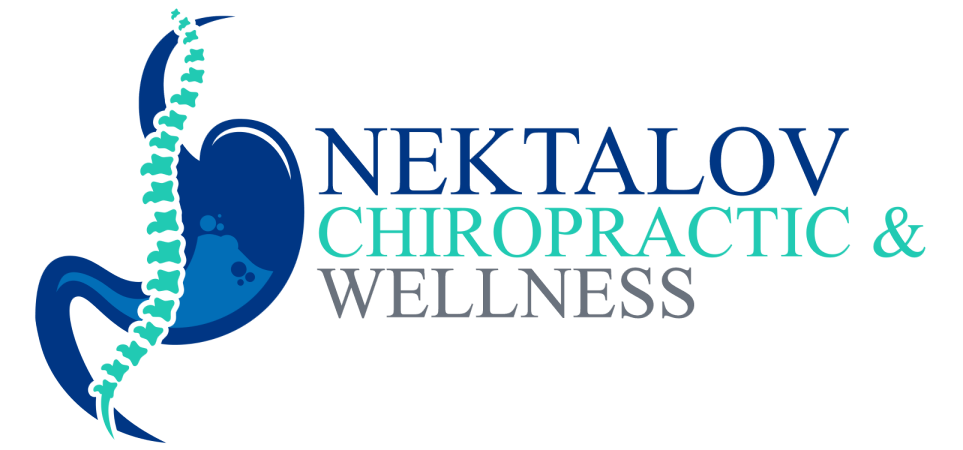Temporomandibular Joint Disorder, commonly referred to as TMJ, affects millions of people worldwide, causing pain and discomfort in the jaw, face, and even the neck and shoulders. If you’re someone who experiences these symptoms, you may already know how disruptive TMJ can be to your daily life. While traditional treatments like medications, mouthguards, or even surgery are commonly recommended, chiropractic care offers a natural, non-invasive alternative that many people overlook. Let’s explore how chiropractic care can help alleviate TMJ symptoms and improve your overall quality of life.

Understanding TMJ Disorder
The temporomandibular joint (TMJ) connects your jawbone to your skull and functions as a sliding hinge, enabling basic movements like chewing, speaking, and yawning. When this joint becomes misaligned or inflamed, it can lead to TMJ disorder. Symptoms often include:
- Jaw pain or tenderness
- Difficulty chewing or speaking
- Clicking or popping sounds when opening or closing the mouth
- Locking of the jaw
- Headaches or migraines
- Neck and shoulder tension
The causes of TMJ can vary and include injury, misalignment, stress-related teeth grinding (bruxism), or arthritis.
How Chiropractic Care Targets TMJ
Chiropractic care focuses on restoring alignment and promoting optimal function in the musculoskeletal system. For TMJ sufferers, chiropractors use targeted techniques to address the underlying causes of joint dysfunction and reduce associated symptoms. Here’s how:
1. Alignment of the Jaw and Spine
Misalignments in the spine, particularly in the cervical (neck) region, can exacerbate TMJ symptoms by increasing tension in surrounding muscles and nerves. Chiropractors perform gentle spinal adjustments to relieve this tension and restore proper alignment. Additionally, they can directly adjust the jaw to reduce misalignment in the TMJ itself.
2. Reducing Muscle Tension
Tight or overactive muscles around the jaw and neck often contribute to TMJ pain. Chiropractors use soft tissue techniques, such as myofascial release or trigger point therapy, to relax these muscles and improve mobility in the affected area.
3. Improving Posture
Poor posture, such as forward head posture or slouching, can strain the jaw and exacerbate TMJ issues. Chiropractors can guide you in correcting your posture, reducing undue stress on the TMJ, and preventing further complications.
4. Promoting Nervous System Function
The nerves that control the jaw pass through the cervical spine. If these nerves are irritated due to spinal misalignment, it can worsen TMJ symptoms. Chiropractic adjustments improve nervous system communication, promoting better function in the jaw and surrounding areas.
Benefits of Chiropractic Care for TMJ
Many patients report significant improvements in their TMJ symptoms after undergoing chiropractic care. Some of the key benefits include:
- Reduced pain and discomfort
- Increased range of motion in the jaw
- Fewer headaches or migraines
- Better posture and alignment
- A natural alternative to medications or invasive treatments
What to Expect During Treatment
When you visit a chiropractor for TMJ-related issues, your initial consultation will involve a comprehensive assessment of your spine, jaw, and overall posture. The chiropractor will identify areas of misalignment or tension contributing to your symptoms. Based on this assessment, they will create a personalized treatment plan, which may include adjustments, soft tissue therapy, and exercises to improve jaw mobility and posture.
Self-Care Tips to Complement Chiropractic Treatment
In addition to chiropractic care, there are several steps you can take to manage TMJ symptoms at home:
- Practice Jaw Exercises: Simple stretching and strengthening exercises can improve jaw function.
- Apply Heat or Cold Packs: Heat can relax tight muscles, while cold packs reduce inflammation.
- Avoid Hard or Chewy Foods: These can strain the jaw and worsen symptoms.
- Manage Stress: Stress can lead to teeth grinding, so consider relaxation techniques like meditation or deep breathing.
Final Thoughts
TMJ disorder can be debilitating, but it doesn’t have to control your life. Chiropractic care offers a holistic, drug-free solution to alleviate TMJ symptoms by addressing the root causes of joint dysfunction and muscle tension. Whether you’ve recently started experiencing symptoms or have been dealing with TMJ for years, consulting a chiropractor could be the first step toward long-lasting relief.
If you’re ready to explore how chiropractic care can help with TMJ, schedule a consultation with a licensed chiropractor in your area. With the right treatment plan, you can restore comfort and functionality to your jaw and enjoy a better quality of life.
